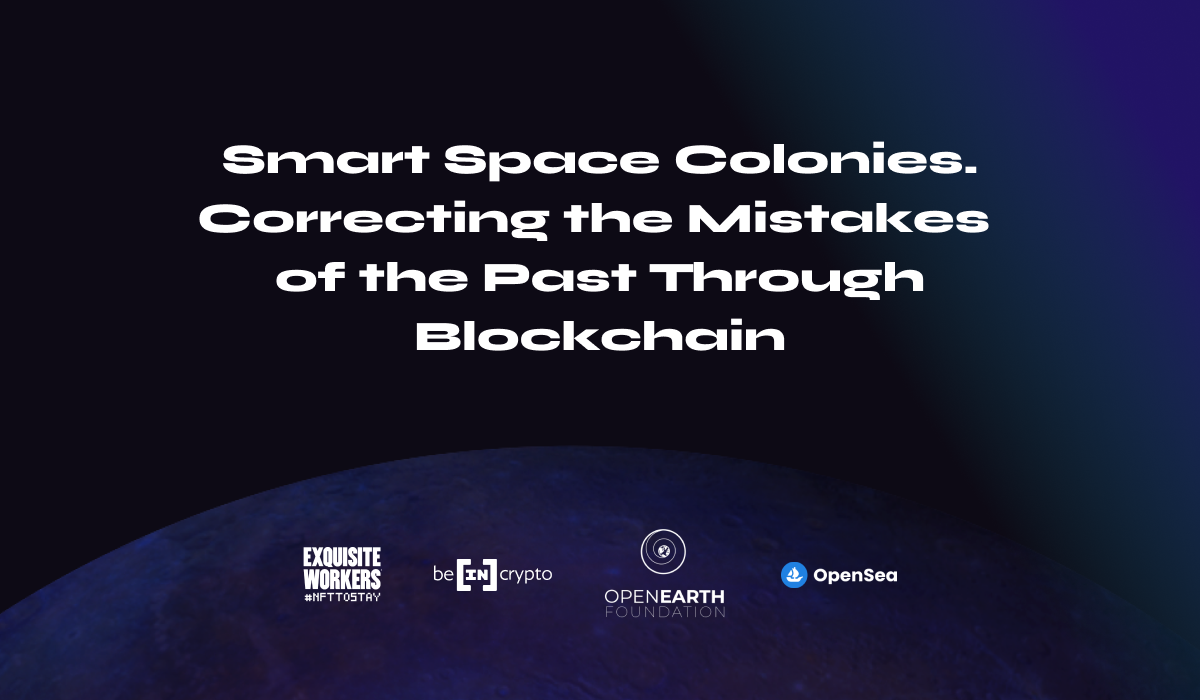“The only real mistake is the one from which we learn nothing” – Henry Ford.
Standing here, in 2021, we cannot say with certainty that space colonization will become a reality. However, what is certain is that starting over with a blank canvas is a gift we need.
We find ourselves faced with a climate crisis, wealth inequality, hunger, racism, polluted food supplies, and a broken global geopolitical system, which just recently proved to be incapable of dealing with a pandemic. In addition, we struggle to make sense of where it all went wrong.
There are myriad reasons for why it all happened. However, there is one thing that threads all of them together — centralization.

We naïvely believed that we could place our trust in gatekeepers who would look after our best interests. We believed that politicians would share our values. We thought that banks would be responsible for our money and include us all. We trusted that purveyors of news would tell us the truth – uncensored and unbiased.
We never thought to question that those who provided our food did not care for our health. On and on it went.
Our trust had been misplaced. A lesson we learned the hard way.
Yet, just when it seemed like we would never find a way out, a technology emerged with the potential to correct this glaring error.
A decentralized, transparent, immutable ledger could hold everyone accountable and ensure that trust could be re-established.
The reaction of the world in 2021 to this technology has been lukewarm. This is mainly because those who are threatened by a decentralized world are abusing their positions to kill the idea before it spreads.
By focusing the attack on cryptocurrency, they hope to silence the broader conversation about blockchain and decentralization.
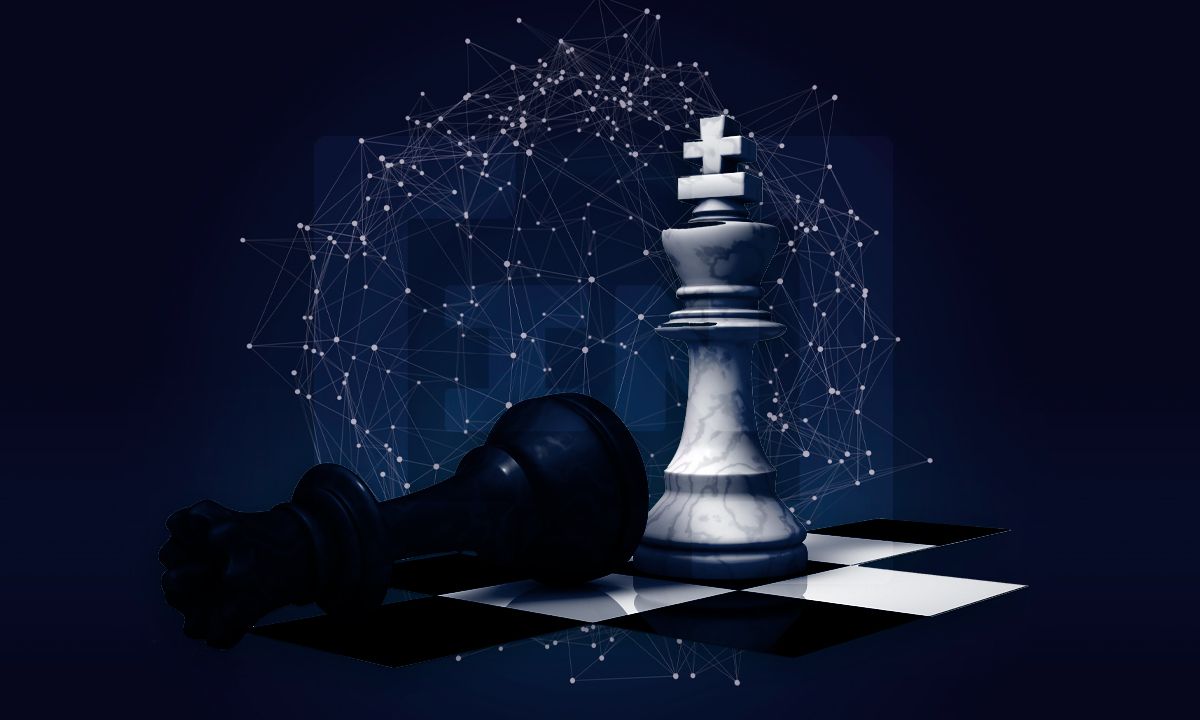
This leads many to ponder – if we didn’t have to fight the tide and could set up a space colony tomorrow – what changes would be implemented as a result of this new technology?
I would never allege that I have even a fraction of the answers needed to make this happen, but there are some mistakes which we should avoid in the new world.
Harness the wisdom of the people
“The whole is greater than the sum of its parts” – Aristotle.
It is important to think differently, but we must give everyone a voice. We built a world where we only listen to the voice of a few – the wealthy, the educated, those of social distinction.
Those who challenge the opinion of the few are cast aside as conspiracy theorists or revolutionaries. It is true that we have never really had a way to have everyone vote on everything in the past – but with the blockchain, we do.
As such, building a decision-making structure on the voice of everyone is the first mistake we could correct.
Transparency is the backbone of a healthy society
“A lack of transparency results in distrust and a deep sense of insecurity” – Dali Lama
There can be no trust without transparency. While we once believed that we could rely on someone to tell us what we needed to know, we now know that humans filter news and facts to suit their agenda.
This leads to suspicion, which, in turn, leads to an unwillingness to cooperate. This builds a society of people who live lifestyles that kill them because those who profit cover up the truth.
It creates a world that turns a blind eye to the destruction of the planet and animal cruelty because the facts are filtered. People become classified according to what they think.
This results in the tree-huggers vs. the capitalists. An ugly “us versus them” mindset emerges.
It becomes a game of chess where we, the pieces on the board, fight with each other, oblivious to the fact that we are all being played.
Let’s change that. Let’s utilize a blockchain-powered ecosystem where everything we do is transparent. Let everyone see what the facts are and let them form their opinions on the truth, not on other people’s versions of the truth.
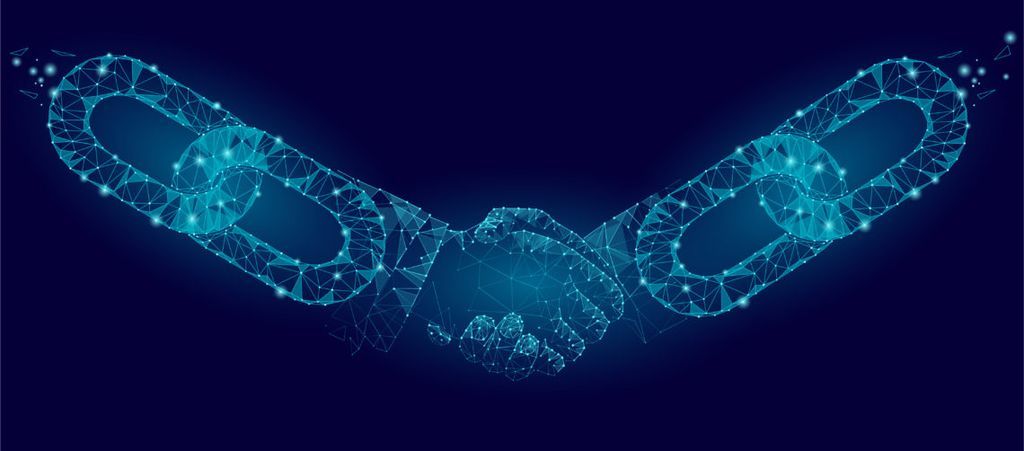
Let’s give everyone unfettered access to the unfiltered truth, and combine it with the wisdom of the people. Only then can we expect society to make choices that protect their environment and themselves.
Every choice has a consequence, it’s time to own that fact
“In the long run, we shape our lives, and we shape ourselves. The process never ends until we die. And the choices we make are ultimately our own responsibility.” – Eleanor Roosevelt
Many of our problems on Earth have been our own doing. However, we have managed to detach ourselves from them.
We have been aghast at plastic polluting our oceans but have never really thought about how our daily choices have contributed to it. We have recycled but never really wondered where that recycling ended up.
We were shocked by climate change but never really considered our contributions. We made small efforts to fly less or ride a bike, but we never truly examined how our specific habits contributed to the problem.
We said we cared about the world’s poverty, financial exclusion and racism. Many even marched on the streets to protest. Still, we never drilled deep enough into how the politicians we elected, or the companies we supported, were indirectly causing those very problems.
Going forward, we can use blockchain technology to make sense of data and give us a real-time, unfiltered picture of how our choices affect the world around us.
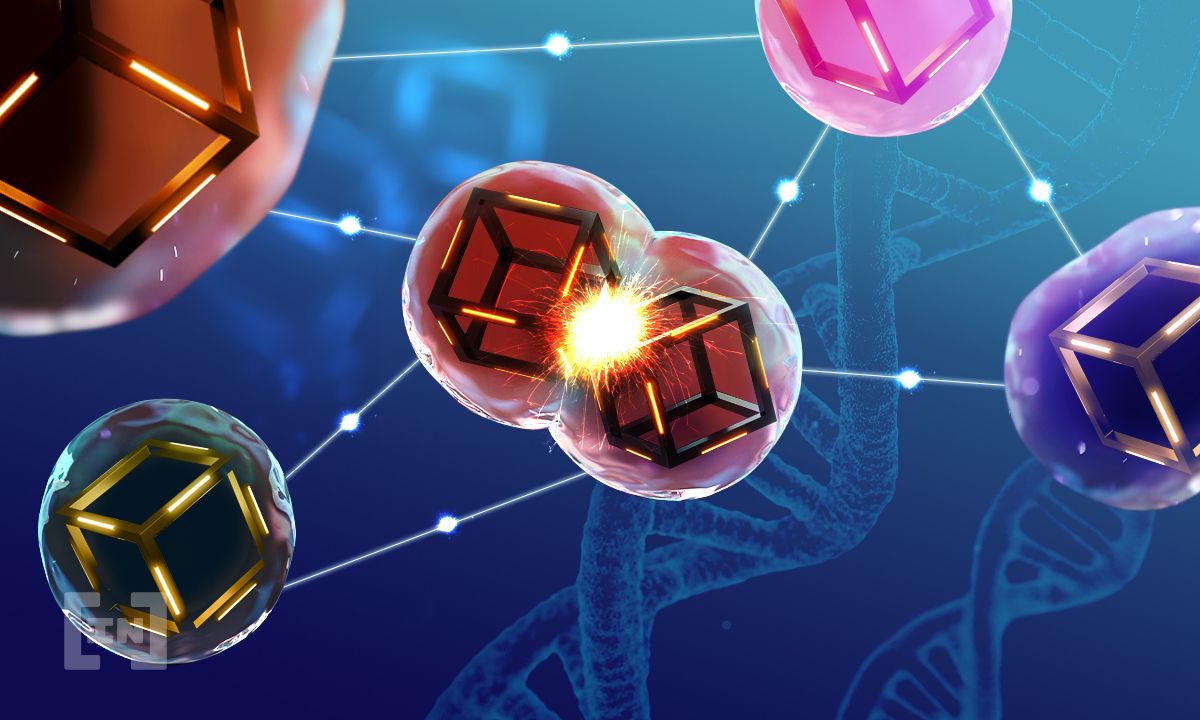
With every item you purchase, eat, or otherwise consume, you can see whether it has a positive or negative impact. The old adage says that what gets measured gets done. Here we can measure our impact and take responsibility for fixing it.
We are hardwired to be tribal, but we cannot exist without collaboration
“Imagine there’s no countries, It isn’t hard to do, Nothing to kill or die for, And no religion too.
Imagine all the people, Living life in peace” – John Lennon
Possibly our greatest achievement as a human race has also become our greatest impediment. We learned to form societies and to organize ourselves in groups. It was a critical step forward in our evolution.
However, this led to distinctions that became deep-rooted. We formed empires, kingdoms, countries, and religions. People identified with these in a way that became divisive.
We became more civil towards each other as time passed, but the importance we placed on these categorizations meant we would never quite learn to co-exist. We didn’t manage to take the next step in collaboration which would have allowed us to cast off the chains of nationality, religion, or race and simply become citizens of Earth.
Instead, we allowed our differences to stand in the way of making choices for the common good. Planet Earth created challenges that did not respect borders or race. Pandemics and floods didn’t stop at border controls. Yet, we continued to tackle global problems in a fragmented way.
If the blockchain gives us the gift of total transparency, decentralization, and an ability to cooperate and collaborate in a way that we have never seen, then let’s embrace it.
When we set off to the first space colony, let’s leave the baggage of labels, passports, nationalities, and religions behind. People are free to think differently, to believe differently, and to be different. But this should never stand in the way of what is in the best interests of a colony, an ecosystem, or the human race.
Blockchain has given us a gift. This gift enables us to rewire our society and how we interact with our environment.
I would like to think we would kick start that on Earth and that we create a human “hard fork” before it’s too late. Maybe that is naïve.If you are reading this in the year 3021, I hope you are sitting in the fresh open air on our green planet. If that’s not the case, and you are looking out on the red landscape of Mars, I hope, at least, that the lessons above have been learned.
In the words of John Lennon – “you may say I’m a dreamer, but I’m not the only one. I hope someday you’ll join us, and the world will live as one.”
(Editor’s note: This article and the corresponding NFT (NFT#187) were produced as a part of BeInCrypto’s Star Edition NFT Series. This exciting NFT series consists of nine pieces of digital art by Exquisite Workers, all of which will be auctioned off alongside letters written by industry professionals sharing their thoughts on the future of NFTs. More on that below.)
Introducing BeInCrypto Star Edition NFT#187
To celebrate its third year as a globally trusted blockchain and cryptocurrency news platform, BeInCrypto is launching a non-fungible token (NFT) charity auction in collaboration with Exquisite Workers. All proceeds generated from the auction will go to the Open Earth Foundation, a non-profit on a mission to leverage the latest trends in digital technology to help increase planetary resilience.
The Star Edition NFT Series includes nine pieces of digital art by Exquisite Workers. Each of these NFTs will be auctioned off alongside letters written by industry professionals sharting their thoughts on the future of NFTs.
HOPE by Guille Jimeno is the NFT#187 in the series.
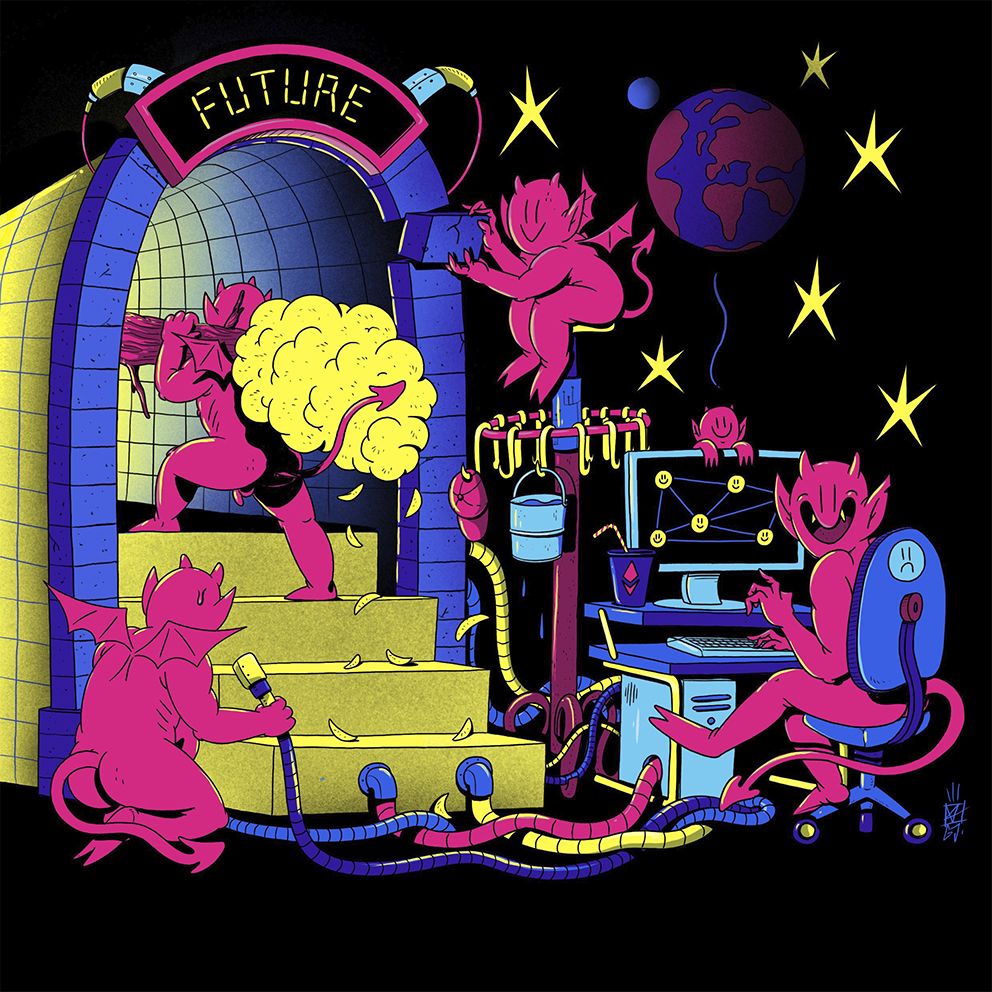
Talented artist Guille Jimeno and CEO of a Swiss-based investment bank, Morgan Deane, reflect on how humans in the future will have the opportunity to correct past mistakes with the blockchain as the guiding principle.
About Guille Jimeno
Guille Jimeno grabs you with his masterful handling of psychedelic palettes, surreal characters, the rawness of a line, and outstanding storytelling. With a passionate interest for sci-fi, cosmos, technology, illustrating the occult worlds, and traveling, it was not a big decision for Guille to move from a town in the interior of La Mancha, Spain called Valdepeñas, to Cuenca and then to Valencia to become an artist with the most hermetic and mystical portfolio of work.
With a degree in Fine Arts and a Master’s degree in Design and Illustration, Guille develops an underground, psychedelic graphic style evolving out of a fascination for the graffiti culture and cyberpunk aesthetics. With a clear influence of the 90s and 2000s, he defines his style as a “TechnoTrash”.
The dreamlike surrealism of David Lynch, the mastery of Kubrick, Carpenter, Cronenberg, Scott, the thrilling stories of Akira Toriyama, Katsuhiro Otomo, and Moebius have greatly influenced Jimeno’s way of understanding illustration and drawing. Brilliant token not to be missed!


